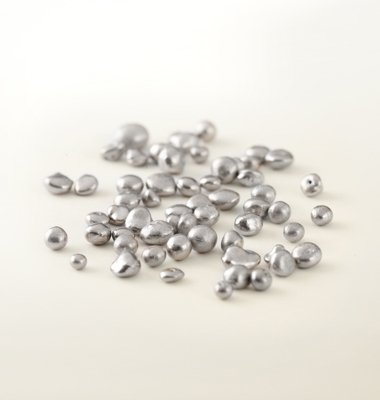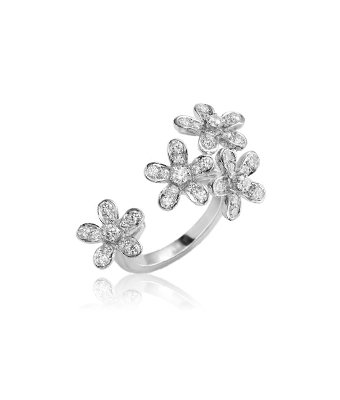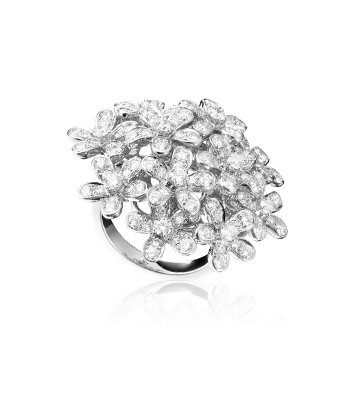White gold

White gold is also known in the world of jewelry in the name of Grey Gold. White gold was introduced in the 1920s, a mixture of gold and minerals, to be added to small quantities of palladium and nickel to give it a bright white glow.
The 18-carat white gold mixture used by the Van Cliff and arplz of Palladium is manufactured in lieu of nickel in order to preserve the colour and luster of this metal over time. Jewellery makers in the house are refining the white gold pieces to get a bright and smooth look. The pale grey surface of this precious metal takes a shiny glow after being added a thin layer of rhodium metal, increasing the brightness and whiteness of the gold.
Its extraordinary luster lends elegance to the gems.


The popularity of white gold has grown again since the 1990s. Today, the glitter of exceptional white gold lends elegance to gemstones and highlights the purity of the stones of diamonds.
Dar van Cleev and Arplz took a high house for this precious metal through the Socrates group and other groups.
In order to ensure that its customers have access to the finest gold, the home jewellery jeweller concludes all the gold jewellery with a stamp on his purity.
In France and many other countries in the world, this stamp takes the form of the Eagle's head and, in some other countries, like Britain, the Netherlands and Switzerland, the 18-carat gold stamp is the head of a San Bernard dog and a 750-part balance.
Pink Gold
Downvoting a post can decrease pending rewards and make it less visible. Common reasons:
Submit